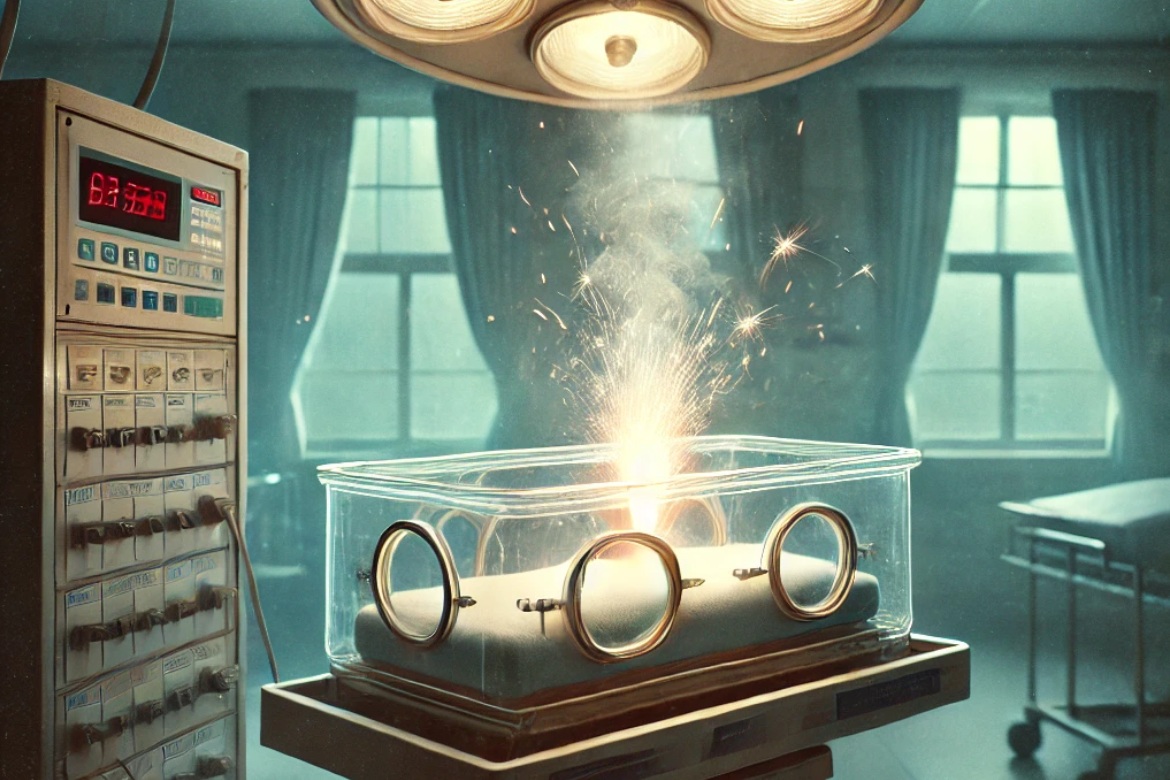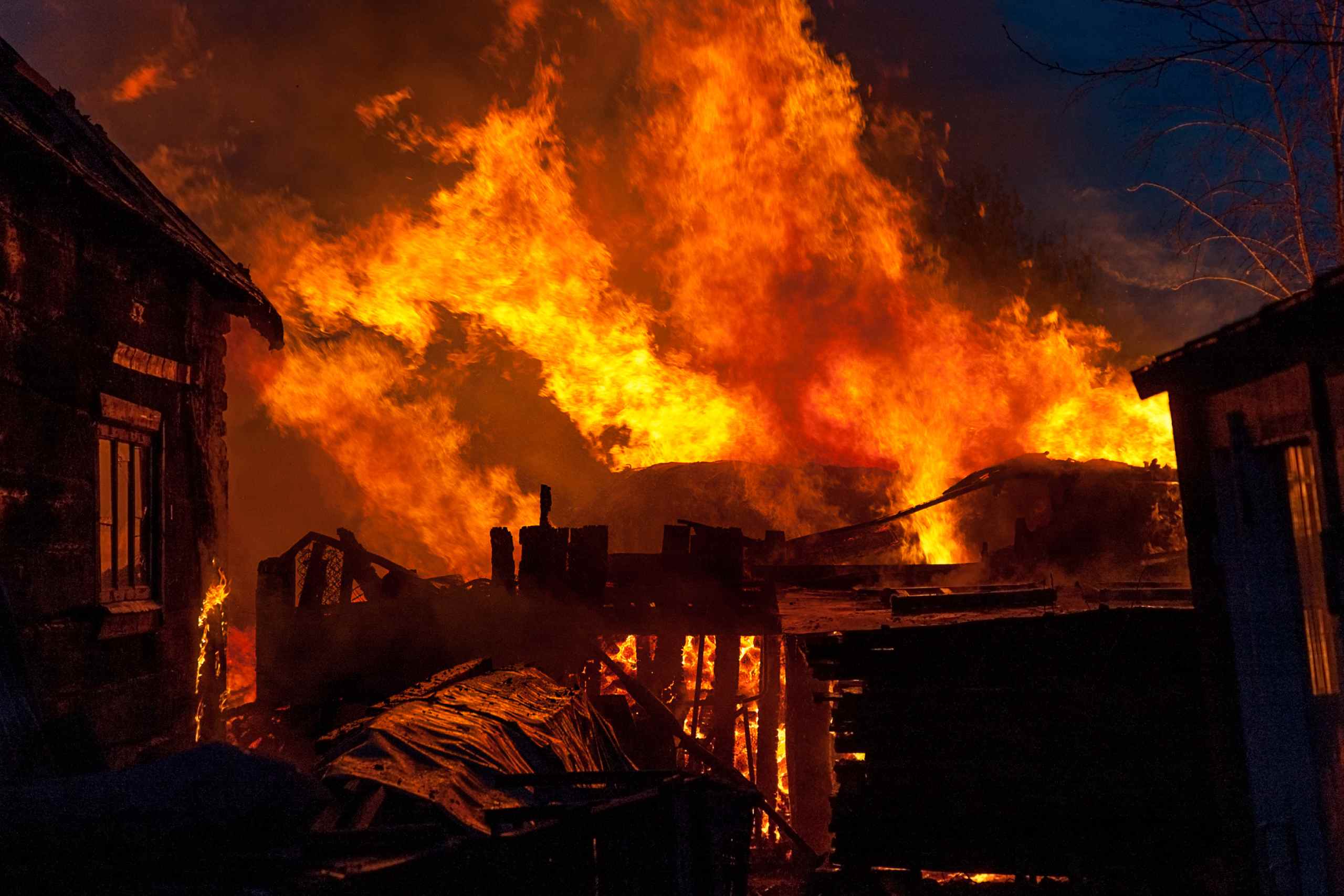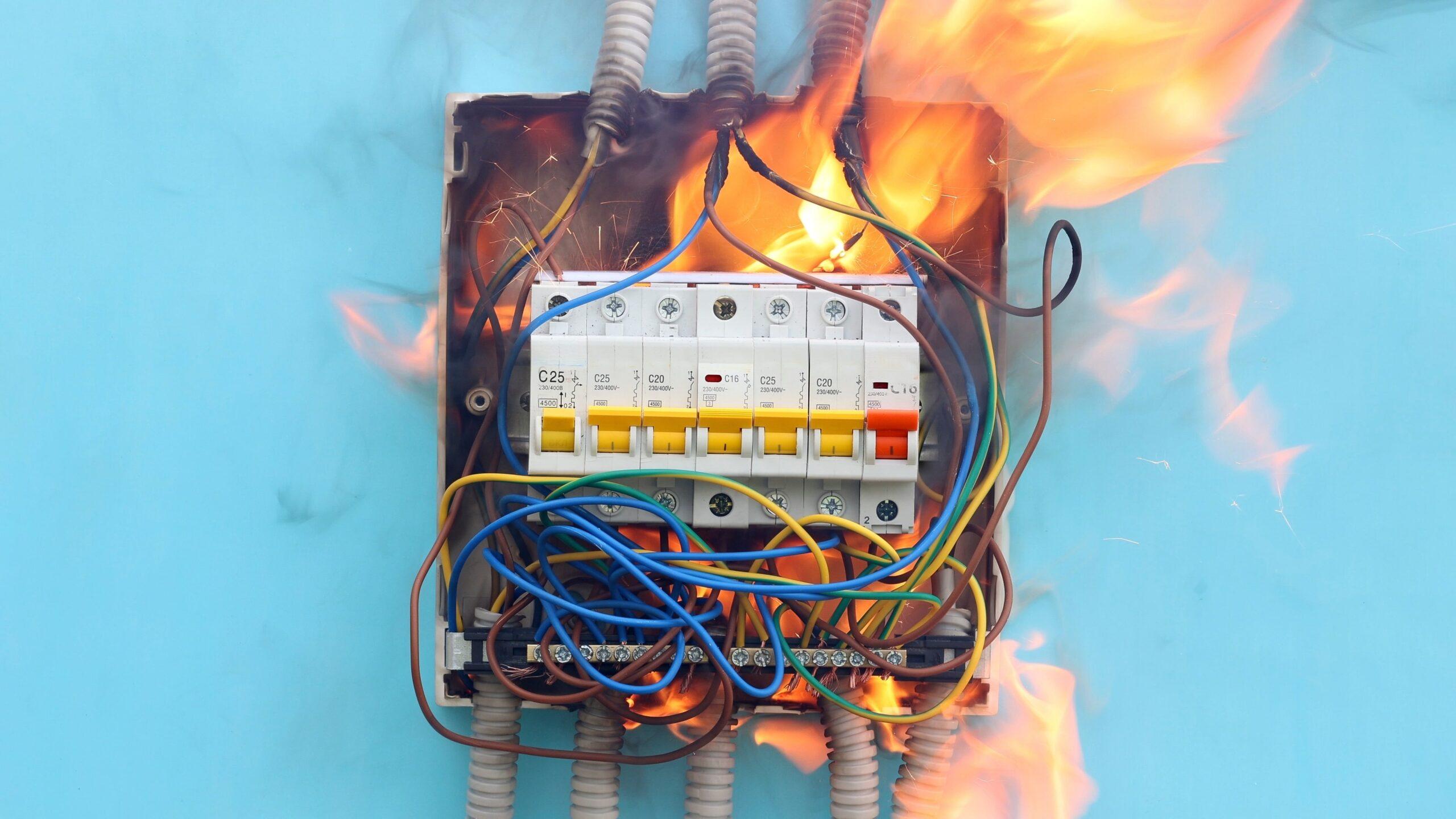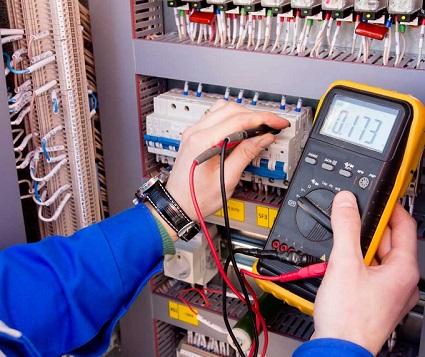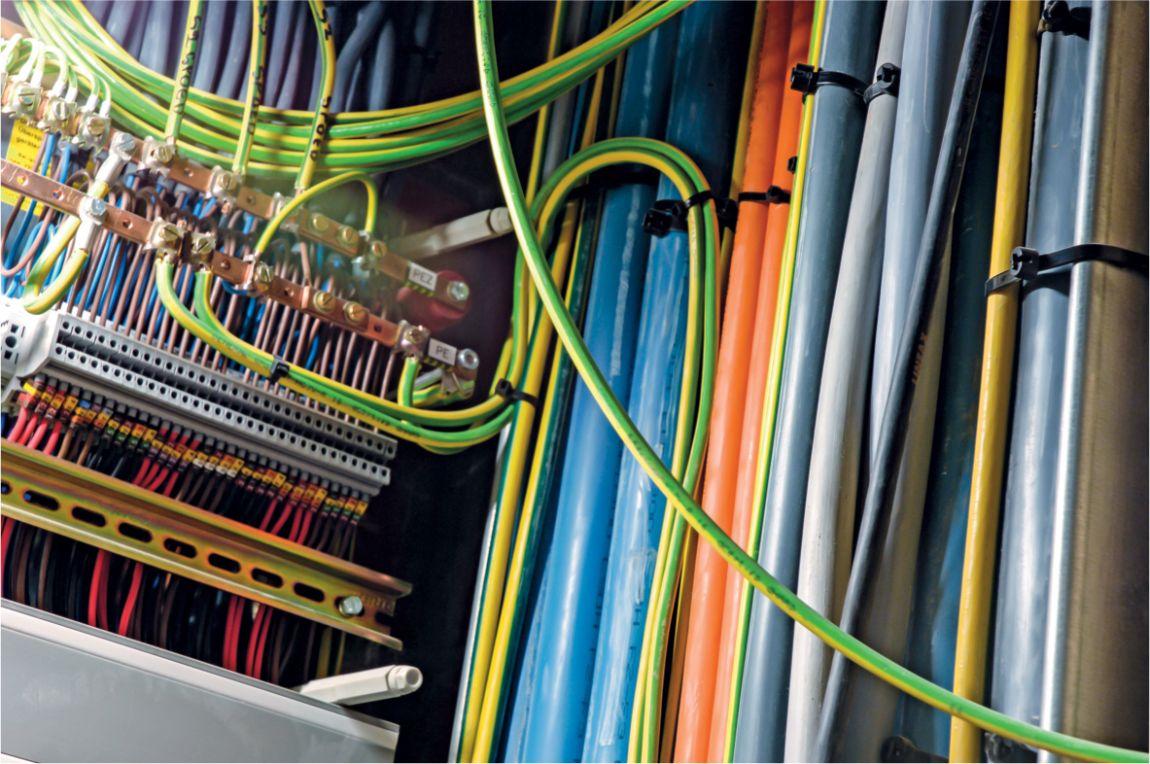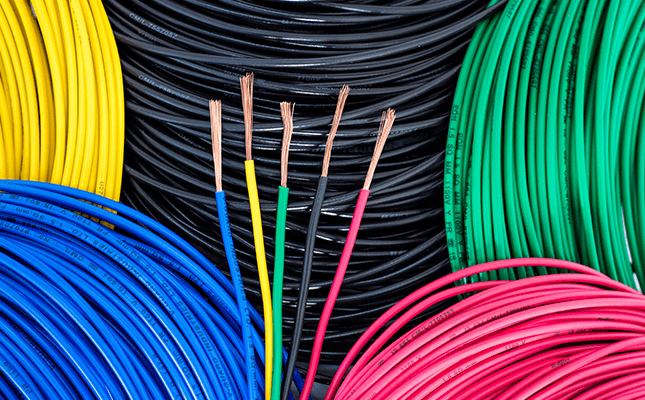Electrical Safety
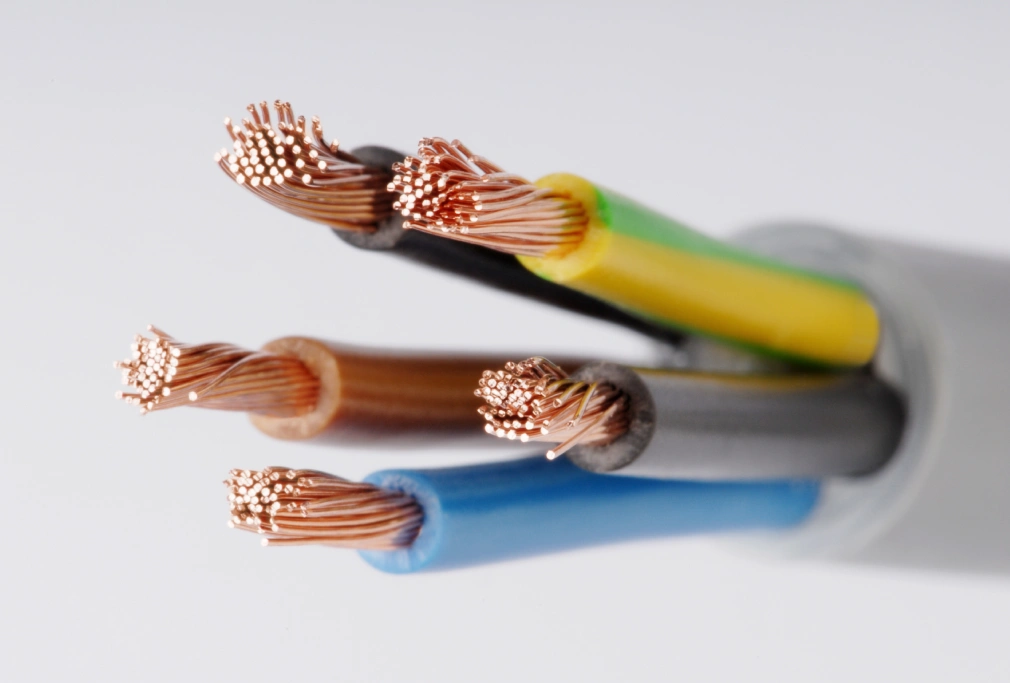
Copper is the leading non-precious metal conductor of electricity, ensuring electrical safety in building construction applications. Its unique properties make it ideal for electrical systems, but issues like overloads, short circuits, and faulty insulation can lead to billions in property damage annually. The use of copper in building construction enhances safety through reliable and efficient electrical wiring.
Copper wiring is easy to install, durable, and serves as a superior conduit compared to other materials. Key benefits of copper wiring include:
- Reliability: Copper conductors enhance system safety and quality, improving performance and adding value to properties.
- Efficiency: They minimise energy losses, reduce CO2 emissions, and lower utility bills.
- Quality: Copper is economically attractive for recycling at its end of life, maintaining excellent performance throughout its lifecycle.
However, inadequate electrical installations significantly increase the risk of electrical fires, often caused by short circuits, overloading, and improper wiring. Insufficient electrical capacity in existing buildings, due to poor circuit planning and undersized wires, fails to meet modern power demands, resulting in dangerous overloading. According to the National Crime Records Bureau (NCRB), India reported 8,491 fire accidents in 2021, with residential buildings accounting for over 50% of fatalities. The Central Electricity Authority (CEA) noted 10,022 electrical accidents in India during 2019-2020, primarily due to faulty designs, defective materials, and inadequate wiring. Addressing these issues requires a concerted effort to enforce electrical codes, create awareness about high-quality materials, and conduct regular inspections.
Power Cables
In utility applications, power cables play a critical role in transmitting electricity safely and efficiently. Copper power cables are preferred for their superior conductivity, durability, and resistance to corrosion. These cables ensure minimal energy loss during transmission, making them ideal for long-distance electricity distribution. Key benefits of using copper power cables include:
- Enhanced Conductivity: Copper’s excellent electrical conductivity ensures efficient power transmission with minimal losses.
- Longer Lifespan: Copper cables are durable and resistant to wear and tear, providing a longer service life compared to alternatives.
- Safety: Copper’s high melting point and excellent thermal conductivity reduce the risk of overheating, making it safer for utility applications.
The transition to copper power cables is essential to meet growing energy demands while ensuring safety and efficiency. By utilising copper, utilities can enhance grid reliability and decrease the risk of outages, contributing to a more resilient power infrastructure.
What We Do
The International Copper Association India (ICA India) is pivotal in advocating for electrical safety in buildings. Through its green and healthy buildings program, ICA India collaborates with government bodies, regulatory authorities, and industry stakeholders to enforce robust electrical safety standards aligned with India’s Amrit Kaal goals.
The organisation conducts awareness campaigns, workshops, and training programs to educate electrical professionals and consumers about electrical wire safety. By promoting the integration of copper electrical conductors and sustainable building technologies, ICA India aims to reduce electrical accidents and create safer environments. We are committed to implementing strong electrical safety standards, educating stakeholders on the benefits of copper cables, and advocating for sustainable building components like copper earthing systems and copper bus ducts. Through these initiatives, we strive to ensure a reliable built environment across India.
Resources
Responsible Choice for Infrastructure
As the world enters an electrical supercycle, the stakes have...
Read MoreHow Electrical Failures Are Turning NICUs Into Danger Zones
The pain of losing a newborn is unimaginable. Now, picture...
Read MoreDanger in the Ducts: The Critical Role of Copper Cables and Bus Ducts in High-Rise Building Safety
The recent fire at Times Tower in Mumbai’s Kamala Mills...
Read MorePreventing Electrical Fire Incidents – The Urgent Need in India
Introduction In the past six months, India has witnessed a...
Read MoreLooking to buy a new home? Check The Most Important Factor – Electrical Safety!
Introduction Buying a home often costs a lifetime of savings....
Read MoreElectrical Safety in Government Buildings basis on the release of revised CPWD General Specifications for Electrical Works Part I – Internal 2023
CPWD Mandates Copper Wiring for Enhanced Electrical Safety in Government...
Read MoreClosing the safety Gap with Arc Fault Detection Devices (AFDDs)
Arc faults mostly appear gradually and in low-voltage installations which...
Read MoreIndian Standards for Fire Survival Cable – 4 Things You Must Know
The Indian Standard for Fire Survival Cable which has been...
Read MoreElevate floors, not your risks
AROUND 40% OF ALL FIRES IN BUILDINGS AROUND INDIA ARE...
Read MoreHospital Fire: An avoidable emergency
Safety and reliability of electrical networks in any building is...
Read More


